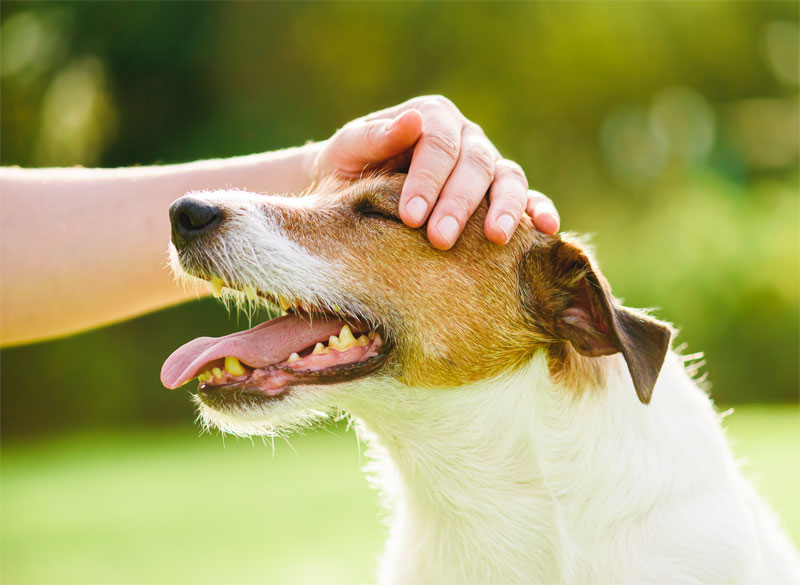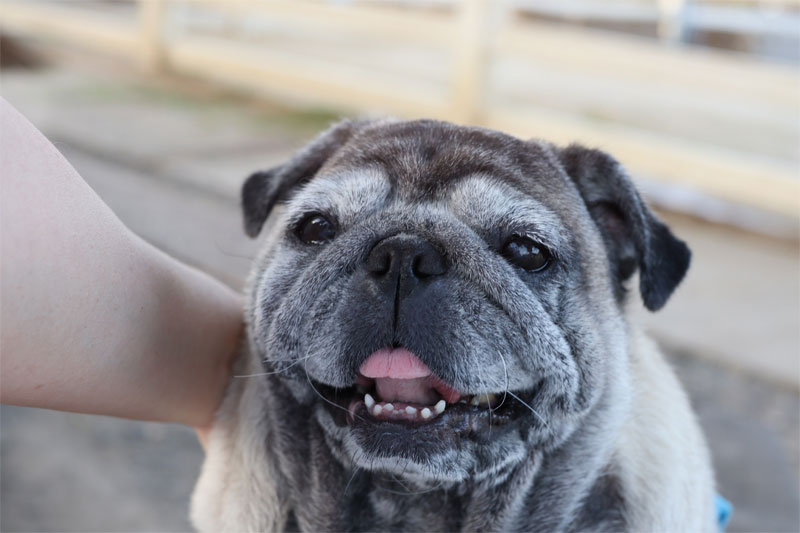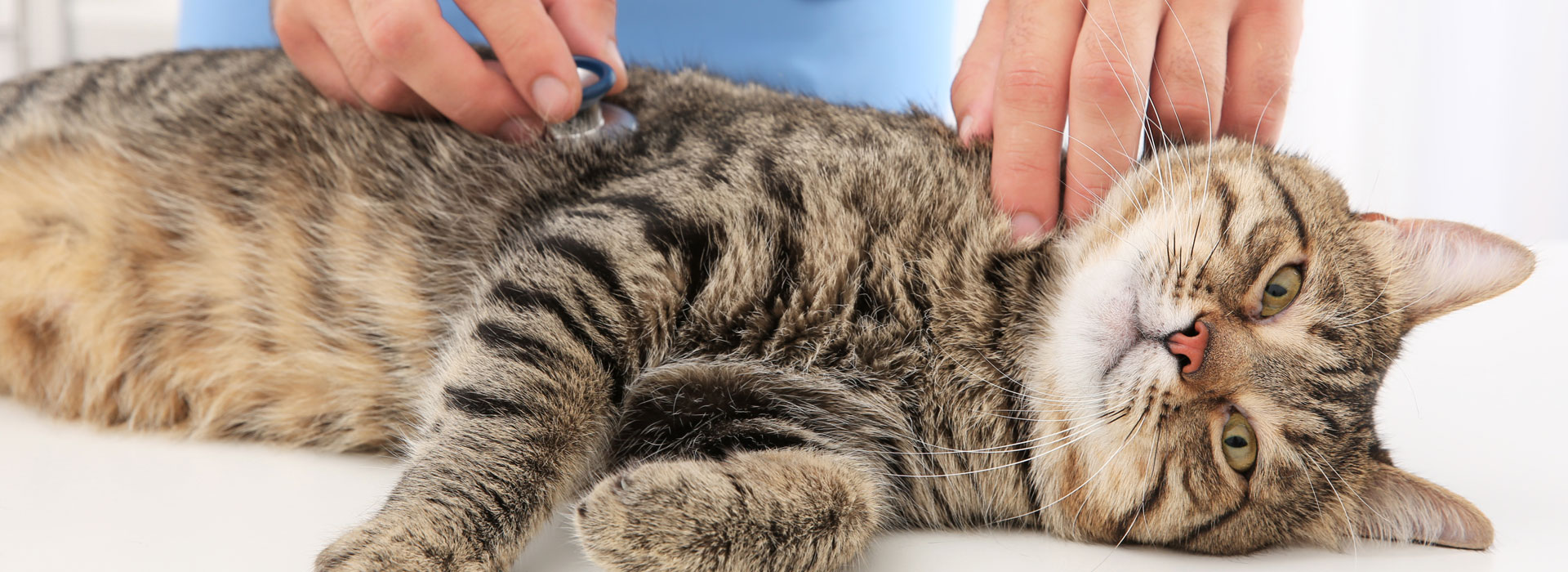
Pets get older—just like their humans do! Thankfully, modern veterinary care has made it possible for older pets to continue to live healthy, active lives well into their golden years. At Henderson Animal Hospital, our Winnipeg veterinarian team is here to help you and your senior pet get the most out of life. We want all local pet parents to understand the importance of routine senior pet care and to know what health conditions to look out for in older animals.
When Is My Pet Considered a Senior?
Generally speaking, cats are considered seniors once they reach age 11—in human years, that is! Dogs are considered seniors at different ages, depending on their breed and size. For example, small-breed dogs are considered senior by age 11 or 12, whereas middle- to large-breed dogs are considered senior citizens by age 10 or 8, respectively.
Furry exotic animals like rats and gerbils, who tend to have shorter lifespans than larger companion animals, can be considered elderly as soon as 18 months to three years old.


Common Senior Pet Health Problems
Some of the most common senior pet health problems include:
- Heart disease
- Liver disease
- Kidney disease
- Cancer
- Diabetes
- Joint and/or bone diseases, including arthritis (which can lead to issues like lameness and weakness)
- Dementia
- Obesity
- Eye diseases, such as cataracts and blindness
- Dental problems, including periodontal disease and tooth abscess
As our Pets Age, We should be looking for Common Signs and Health Concerns
Signs of age-related health problems in animals include things like lameness, foul breath, and hair loss. But the best way to know if your senior pet is in pain or experiencing an age-related illness is to see a veterinarian. Our Winnipeg veterinary team can discuss your animal’s specific risk factors and order the necessary diagnostic services to help us determine the exact type of care your beloved pet needs, such as medications and dietary supplements.

4 Ways to Care for Your Senior Pet

1. Bring Your Pet in For Regular Check-Ups. Pet wellness exams are important at all stages of your pet’s life, but especially as your pet gets older and becomes more susceptible to illness and injury. Regular checkups and dental cleanings allow our veterinarians to prevent and manage age-related health problems as soon as possible. These exams also give you a chance to ask any questions you might have about your pet’s diet, lifestyle, and related topics.
2. Keep Your Pet Active. Pets who get plenty of exercise have a lower risk of obesity and other problems that can result from a sedentary lifestyle. As your pet ages, look for joint-friendly ways to keep them active and mentally stimulated.
3. Make Their Life Easier! Even with regular exercise, your pet will slow down as they age. So, find ways to make their lives a little easier—like using elevated food dishes, car ramps, and heated pet beds. Small changes like this can have a big impact on your pet’s quality of life.
4. Watch For Cognitive Changes. Like humans, pets can experience cognitive as well as physical changes with advancing age. If your older pet appears disoriented, overly anxious, or behaviorally different, talk to a vet.




